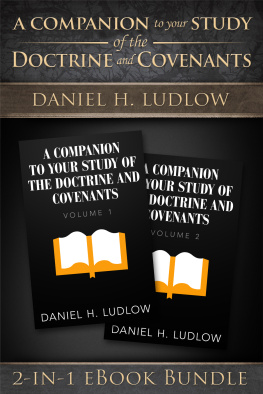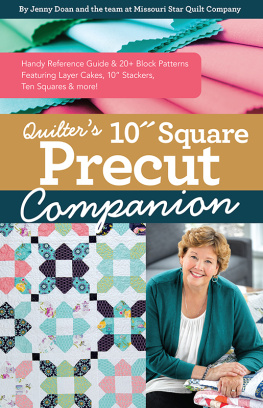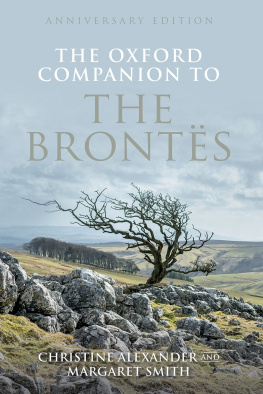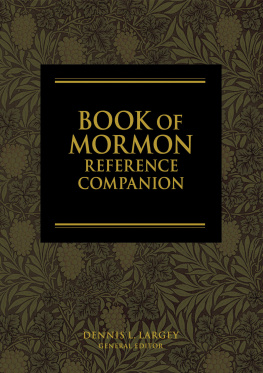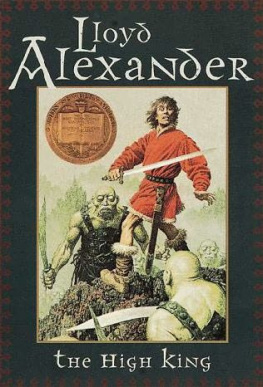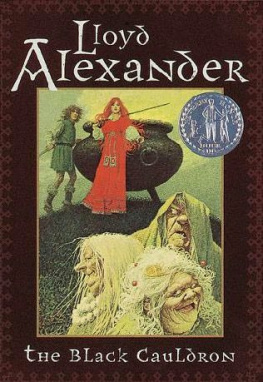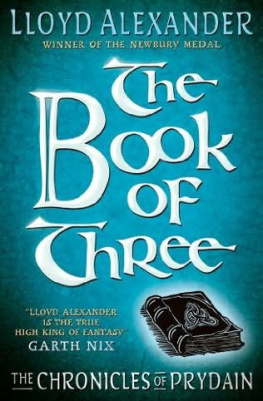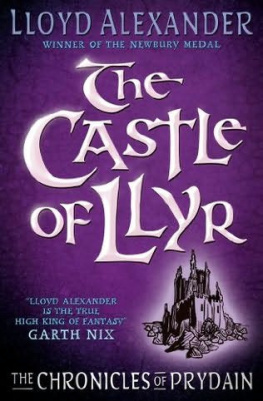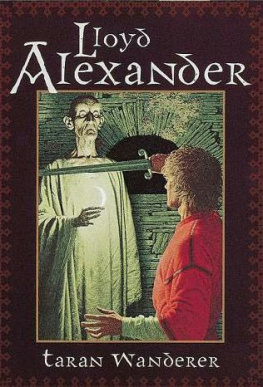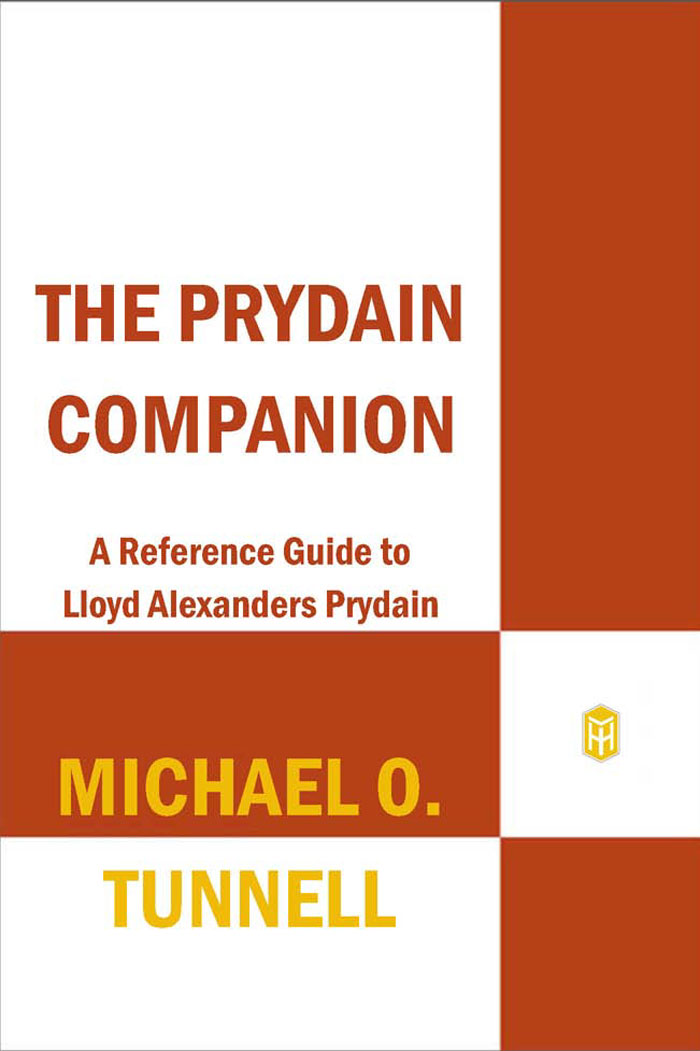THE
PRYDAIN
COMPANION

A Reference Guide to
Lloyd Alexanders Prydain Chronicles

MICHAEL O. TUNNELL
Foreword by
LLOYD ALEXANDER
HENRY HOLT AND COMPANY NEW YORK
Henry Holt and Company, LLC
Publishers since 1866
115 West 18th Street
New York, New York 10011
www.henryholt.com
Henry Holt is a registered trademark
of Henry Holt and Company, LLC
Text copyright 1989, 2003 by Michael O. Tunnell
All rights reserved.
Distributed in Canada by H. B. Fenn and Company Ltd.
eBooks may be purchased for business or promotional use. For information on bulk purchases, please contact Macmillan Corporate and Premium Sales Department by writing to .
Library of Congress Cataloging-in-Publication Data
Tunnell, Michael O.
The Prydain companion: a reference guide to Lloyd
Alexanders Prydain chronicles / Michael O. Tunnell;
foreword by Lloyd Alexander.
p. cm.
Summary: A reference guide in dictionary format to the characters,
places, objects, and themes in Lloyd Alexanders five-book series,
the Chronicles of Prydain. Includes bibliographical references.
1. Alexander, Lloyd. Chronicles of PrydainDictionaries.
2. Childrens stories, AmericanDictionaries. 3. Fantasy fiction,
AmericanDictionaries. [1. Alexander, Lloyd. Chronicles of
PrydainDictionaries.] I. Alexander, Lloyd. Chronicles
of Prydain. II. Title.
PS3551.L35698 C4838 2003 813.54dc21 2002027552
eISBN: 978-1-4299-6000-7
First published in hardcover in 1989 by Greenwood Press
Reissued in hardcover in 2003 by Henry Holt and Company
Printed in the United States of America on acid-free paper.
1 3 5 7 9 10 8 6 4 2
A CKNOWLEDGMENTS

The author and publisher are grateful to the following for granting use of their material:
Excerpts from Lloyd Alexanders books, The Book of Three (1964/1999), The Black Cauldron (1965/1999), Coll and His White Pig (1965/as part of The Foundling and Other Tales of Prydain reissue, 1999), The Castle of Llyr (1966/1999), Taran Wanderer (1967/1999), The Truthful Harp (1967/as part of The Foundling and Other Tales of Prydain reissue, 1999), The High King (1968/1999), and The Foundling and Other Tales of Prydain (1973/1999), courtesy of the publisher Henry Holt and Company, LLC.
Jacket illustrations from The Book of Three, The Black Cauldron, Coll and His White Pig, The Castle of Llyr, Taran Wanderer, The Truthful Harp, and The High King, and the map of Prydain from The High King, courtesy of the Estate of Evaline N. Bayard, Arnold A. Bayard, Executor.
The jacket illustration from The Foundling and Other Tales of Prydain, courtesy of Sasha Meret.
The photograph of Lloyd Alexander by Alexander Limont, courtesy of the photographer.
Excerpts from James S. Jacobss 1978 dissertation entitled Lloyd Alexander: A Critical Biography, courtesy of James S. Jacobs.
Excerpts from Classic Hero in a New Mythology by Marion Carr. The Horn Book Magazine, October 1971. Reprinted by permission of The Horn Book, Inc., Boston, MA.
Excerpts from The White Goddess by Robert Graves, courtesy of Farrar, Straus & Giroux, LLC, and Carcanet Press Limited, copyright 1948, renewed 1975 by Robert Graves.
For Lloyd, Jim, and Glenna

CONTENTS

FOREWORD BY LLOYD ALEXANDER

S ome while ago, the Childrens Book Council asked me to name my favorite childhood book. Unwilling to hurt the feelings of such old and dear friends as William Shakespeare, Charles Dickens, or Mark Twain by singling out one above another, I chose the dictionary: a book encompassing all that has ever been or ever will be written.
This was more than a fanciful way to wriggle out of answering a difficult, even impossible, question. From as far back as I can remember, the dictionary has indeed been one of my favorites. The dictionaryno, I should say dictionaries so as to include dictionaries of foreign words and phrases, etymological dictionaries, biblical concordances, indices of first lines of poems, dictionaries of familiar quotations, musical dictionaries, dictionaries of fictional characters, and all such treasure troves. For me, they can be as exciting as a great many novels, sometimes more so.
If we use a dictionary only as a household drudge, now and then prodding it to give a quick answer on spelling or definition, I think we miss out on one of lifes great pleasures and entertainments: browsing. It is, of course, hazardous. One word leads us to look up another; one allusion or bit of etymology can set us on such a long trail of associations that we forget why we consulted the dictionary in the first place. The dictionary can put us under a spell (no pun intended), but it is a happy enchantment. We come out richer than we were before, and we can always go back again.
The joys of browsing are easily available to young and old. Yet, I balk at the word browsing. To me, it evokes herbivorous ruminants wandering around nibbling on blades of grass. While I have the deepest affection for herbivorous ruminants, browsing suggests something a little too passive, too peacefully bucolic instead of active adventuring and thrilling discovery.
It is this sense of adventure that I hope readers will find in The Prydain Companion. Here, I must immediately admit to a great lack of impartiality. Few authors have had their work honored by such a volume; my comments are unashamedly tinged with personal bias, but I hope they are no less valid because of that.
To begin with, The Prydain Companion is accurately entitled. It is indeed a companion; a traveling companion, say, or a friendly guide who well knows the country and its inhabitants, who can lead us on a journey of exploration in which we observe strange, surprising places and people.
For this, The Prydain Companion is more than a quick reference or handy glossary, though it is all of that as well. Instructive, certainly. But, like any good companion, a pleasure to be with over a long period of time.
This is not to overlook its practical utility. For one thing, it gives pronunciations for the names of people and places. Though authentic, ancient (the Companion details their sources), and to me very beautiful, those Welsh names have baffled a number of readers, who will be baffled no longer.
On that subject, I have to smile a little to myself. Having grown so familiar with them during my research, the namesexotic to anyone elsebecame, to me, quite ordinary and not at all difficult. In the early stages of



